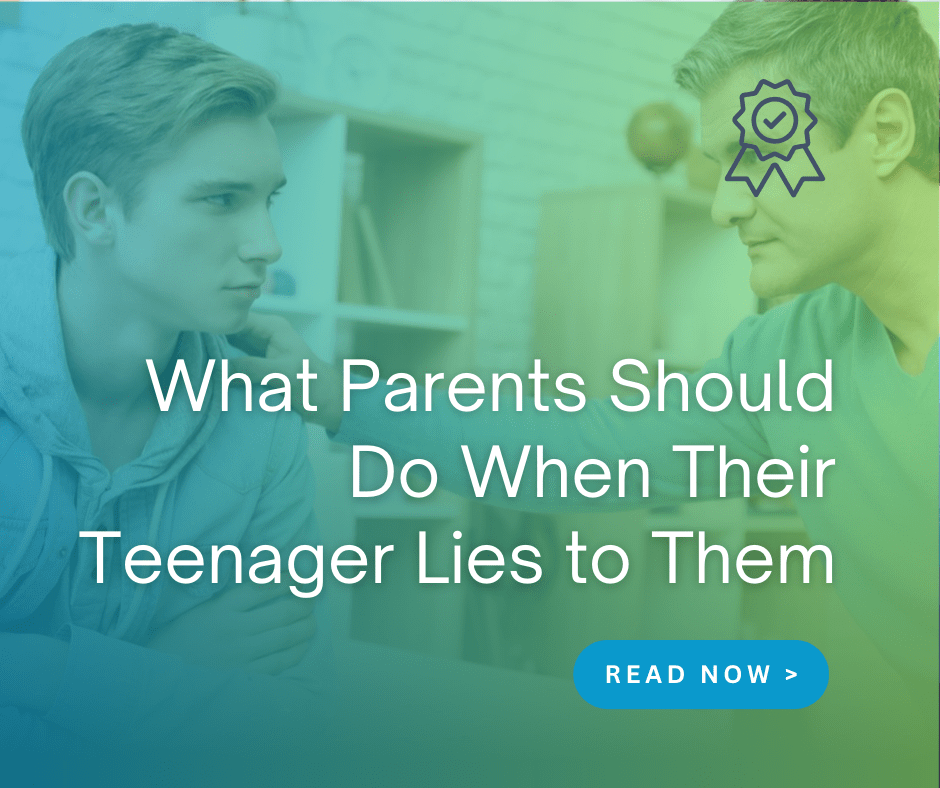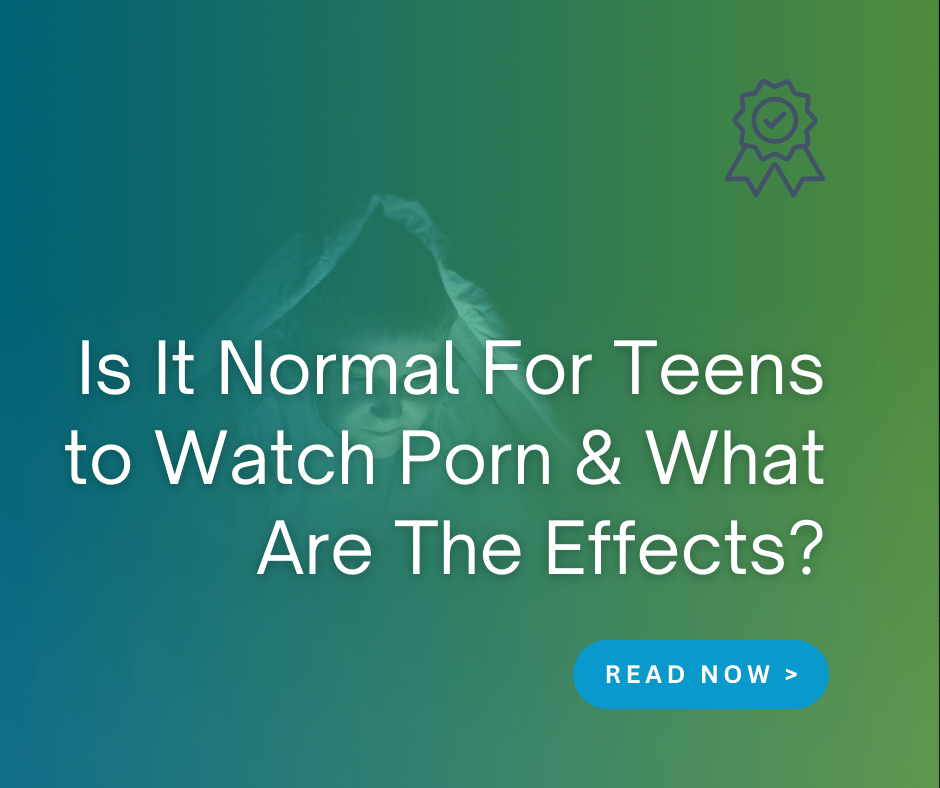Your back is always hurting. You have relentless stomach pain or cramps. Headaches. Chest pain. Pains in your limbs that aren’t going away.
The thing is, while the pain is absolutely real, you’re not sure where it’s coming from.
Have you considered whether it could be psychosomatic?
Psychosomatic Symptoms in Teens
The word psychosomatic comes from two roots: psycho meaning mind and somatic meaning body. This refers to symptoms caused by emotional stress rather than an organic, physical source in the body. Everyone experiences somatic symptoms at times. Ever noticed your heart beating fast when you’re scared? That’s an example of somatization. When you’re frustrated, you clench your teeth or your muscles. When you’re embarrassed, the blood rushes to your face.
Somatization occurs when emotional distress is expressed by different sensations in our body. When your physical symptoms seem to be persistent, this is called a psychosomatic disorder, and it could suggest that you’re dealing with something pervasive and difficult in your life that just isn’t going away.
According to research from the University of Michigan, common psychosomatic symptoms in adolescents include:
- Stomach pain
- Headaches
- Chest pain
- Fatigue
- Limb pain
- Back pain
- Difficulty breathing
- Worry about health
Cause of Psychosomatic Symptoms
When not attributed to any sort of physical origin, these types of symptoms are often a result of stress. Most commonly, they’re the result of anxiety, depression, trauma, anger/frustration, or another kind of repressed emotional distress.
Ask yourself: are you going through anything difficult at the moment? Any sort of crisis?
Research shows that adolescents get psychosomatic symptoms when they experience:
- Trouble at school
- Trouble with friends
- Peer pressure
- Family problems
- A big move
Additionally, your parents can also play a role in your emotional wellbeing. Evidence shows that if your parents have physical or mental disabilities, are sick, or they’re going through their own mental health issues, that could cause you emotional stress as well – even if you don’t realize it.
The Mind and Body are Connected
“Emotions absolutely have an effect on the body,” says Nick Loffree, who teaches about the Mind/Body Connection at Evolve Treatment Centers IOP/PHP in San Jose. “Emotions can cause a physical experience. Ever felt you like have ‘butterflies in the stomach’ when you get anxious? That’s a real thing. Your anxiety is making your intestines squirm.
Here are some common emotions and mental health conditions, and their corresponding somatic symptoms:
- Anxiety: stomachache, nausea, vomiting, loss of appetite, frequent bathroom trips, chest pain, fast heart rate, shortness of breath
- Depression: changes in eating and sleeping patterns, stomachaches, low energy levels, frequent fatigue, dizziness, breathlessness, difficulty swallowing, chest pain, feeling empty or hollow inside
- Trauma: uncontrollable shaking/trembling (tremors), headaches, chills, heart racing or pounding; heart palpitations, fainting, dizziness, stomachaches, vomiting, panic attacks
- Fear: breathlessness, tense muscles, cramps, nausea, feeling cold, choking sensations
- Shame/Guilt: stomachaches, feeling like you’re suffocating, feeling jittery and nervous, hot/red face
- Psychosis/Schizophrenia: Fatigue, muscle pain, muscle tension, feeling weak, feeling sensations on your skin, hallucinations of taste/smell
How to Get Help for Your Psychosomatic Illness
First, you need to rule out any medical sources for your pain. Ask your parents to make you an appointment at the pediatrician so the doctor can perform a checkup and order any tests. If the results come out negative, try to contemplate whether there’s anything in your life causing you stress.
Then, ask if you can have a sit-down discussion with your parents or your school guidance counselor (or any other trusted adult – a favorite teacher or maybe a friend’s parents.) Ask them if they could help you schedule a clinical assessment to determine whether you might have anxiety, depression, PTSD, or any other type of mental health condition. If you do, you’ll need professional treatment—whether that’s outpatient therapy, an intensive outpatient program (IOP), a partial hospitalization program (PHP), or even a residential treatment center for teens. These teen treatment centers will help you learn tools to manage your emotions, to cope with stressful situations that come up in your life, and to cope with whatever difficult situation you’re dealing with now.












